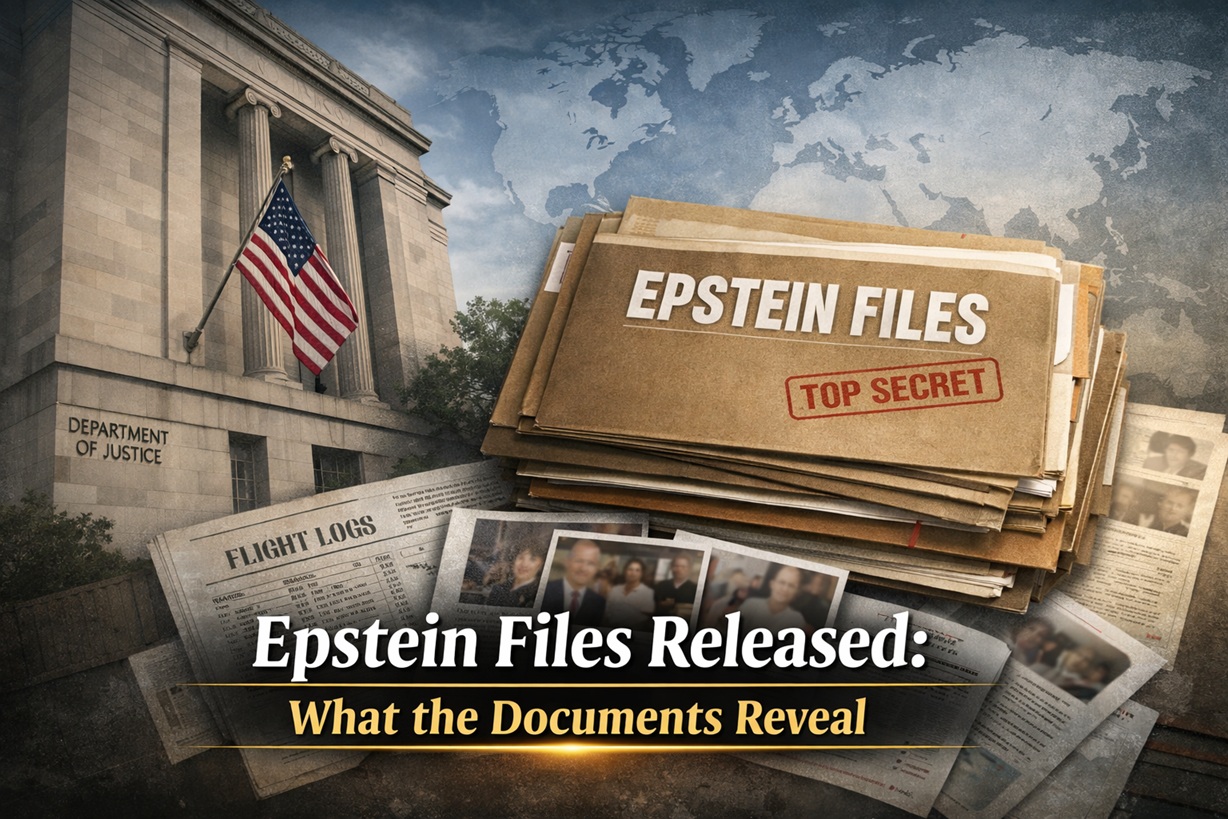High Court Reserves Decision
The Delhi High Court has reserved its decision on the bail petition of Delhi Chief Minister Arvind Kejriwal in the liquor policy case. Following a two-and-a-half-hour debate on Wednesday, the court announced that the bail plea would be heard on July 29.
Singhvi’s Defense: A People’s Leader, Not a Terrorist
In Justice Neena Bansal Krishna’s court, Kejriwal’s lawyer Abhishek Manu Singhvi argued that Kejriwal, an elected Chief Minister, should not be equated with a terrorist. Singhvi referenced the case of Pakistan’s former Prime Minister Imran Khan, highlighting that such arrests should not occur in India. He criticized the CBI for hindering the investigation by not allowing questioning of several Punjab government officials.
CBI’s Rebuttal: Kejriwal Misleading the Court
The CBI strongly opposed Kejriwal’s bail, presenting various reasons against it. They accused Kejriwal of manipulating the court using legal complexities and bypassing the lower court by directly approaching the High Court under section 439 of CrPC. The CBI argued that the investigation, including the arrest, falls within their jurisdiction and that Kejriwal was arrested only after thorough examination of all circumstances.
Allegations Against Kejriwal
According to the CBI, Kejriwal, along with other accused, manipulated the Excise Policy 2021-22 to benefit wholesalers, allegedly receiving illegal bribes from the South Group to fund Aam Aadmi Party’s election expenses in Goa. The CBI highlighted Kejriwal’s significant influence, stating that influential co-accused, including Manish Sisodia and K Kavita, remain in custody. The CBI emphasized that Kejriwal’s alleged economic offenses, which have been under investigation for over a year, warrant his continued detention.
Singhvi’s Counterarguments: Violation of Fundamental Rights
Singhvi vehemently defended Kejriwal, calling his arrest unconstitutional. He questioned whether unsatisfactory answers regarding ₹100 crores were sufficient grounds for arrest and criticized the trial court for not issuing a notice for interrogation. Singhvi argued that arresting Kejriwal for not providing desired answers violated fundamental rights under Article 14212 of the Constitution.
Singhvi’s Conclusion: Health Concerns and Fundamental Rights
Concluding his arguments, Singhvi cited Kejriwal’s health issues, questioning if he posed a threat to society. He argued that while others accused in the case were granted bail, Kejriwal was not. Singhvi emphasized that the Supreme Court has set precedents allowing direct appeals to the High Court for bail, which justified their approach.
Upcoming Hearings and ED Involvement
The next hearing on Kejriwal’s bail petition is scheduled for July 29. Meanwhile, the Enforcement Directorate (ED) is preparing to file a notice against Kejriwal in the CBI case. Kejriwal faces two separate cases: a money laundering case by the ED, leading to his arrest on March 21, and a corruption case by the CBI regarding the liquor policy, resulting in his arrest on June 26.
Supreme Court’s Interim Bail and Larger Bench Review
On July 12, the Supreme Court granted Kejriwal interim bail in the ED case, citing his 90-day imprisonment. Justice Sanjeev Khanna stated that a larger bench would review the arrest policy, potentially altering Kejriwal’s interim bail status.
Kejriwal remains in jail as the legal battle continues, with his next significant hearing set for July 29. In the next 2 weeks, there will be more clarity about the Outcome of Liquor Policy scam







